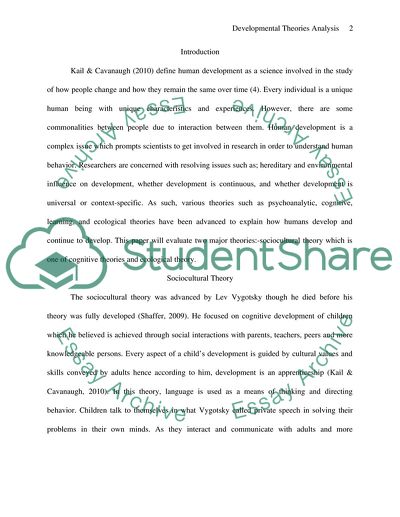Cite this document
(Sociocultural and Ecological Human Developmental Theories Term Paper, n.d.)
Sociocultural and Ecological Human Developmental Theories Term Paper. Retrieved from https://studentshare.org/social-science/1743983-developmental-theories-analysis
Sociocultural and Ecological Human Developmental Theories Term Paper. Retrieved from https://studentshare.org/social-science/1743983-developmental-theories-analysis
(Sociocultural and Ecological Human Developmental Theories Term Paper)
Sociocultural and Ecological Human Developmental Theories Term Paper. https://studentshare.org/social-science/1743983-developmental-theories-analysis.
Sociocultural and Ecological Human Developmental Theories Term Paper. https://studentshare.org/social-science/1743983-developmental-theories-analysis.
“Sociocultural and Ecological Human Developmental Theories Term Paper”, n.d. https://studentshare.org/social-science/1743983-developmental-theories-analysis.


